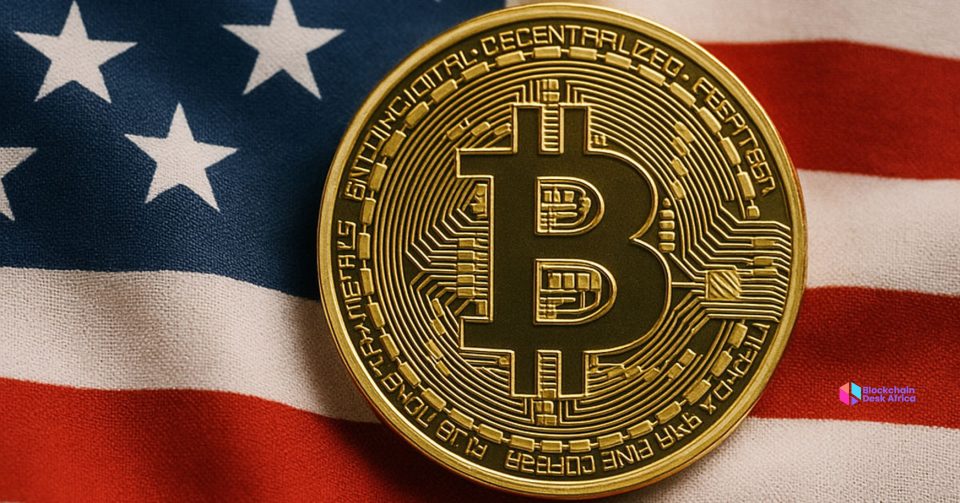The Senate Republicans on Tuesday released a unified set of principles to guide legislation on digital asset market structure, marking a key step toward long-awaited regulatory clarity for the crypto industry.
The framework was released jointly by Senate Banking Committee Chairman Tim Scott (R-SC), Digital Assets Subcommittee Chair Cynthia Lummis (R-WY), Senator Thom Tillis (R-NC), and Senator Bill Hagerty (R-TN). The group emphasised the need for clear legal definitions, streamlined regulatory oversight, and a modern approach that fosters innovation while protecting consumers.
“This is about drawing a line in the sand,” said Senator Lummis. “The U.S. has lagged while jurisdictions like the EU and Singapore advance. These principles aim to position America as a leader in financial innovation, not a bystander.”
The proposal outlines five key areas: clarifying the legal status of digital assets; assigning jurisdiction among federal regulators; updating regulations to support innovation; ensuring consumer protection; and implementing targeted anti-money laundering measures.
Among the key recommendations is a call to distinguish between digital asset securities and commodities in statute, eliminating regulatory ambiguity. It also emphasises that decentralised finance (DeFi) protocols, non-custodial software, and non-financial blockchain applications should not be subject to the same rules as centralised financial institutions.
Senator Tillis noted, “We must deliver legal certainty without stifling progress. This framework protects consumers and gives innovators a path to compliance.”
The lawmakers also advocate for regulatory flexibility, including new SEC exemptions for token fundraising, pro-innovation rules for secondary trading, and recognition of tokenisation as a modern evolution of financial infrastructure.
To address concerns around illicit finance, the framework recommends targeted compliance measures and calls on regulators to leverage blockchain technology to enhance transparency, traceability, and enforcement.
Chairman Scott described the release as “a baseline for bipartisan negotiation,” calling on Congress to move beyond politics to deliver long-overdue clarity.
The announcement sets the stage for upcoming legislative drafting and stakeholder engagement, as U.S. policymakers face increasing pressure to catch up with global crypto regulatory standards.
Read also: Ethereum vs. Ethereum Classic: The real difference
